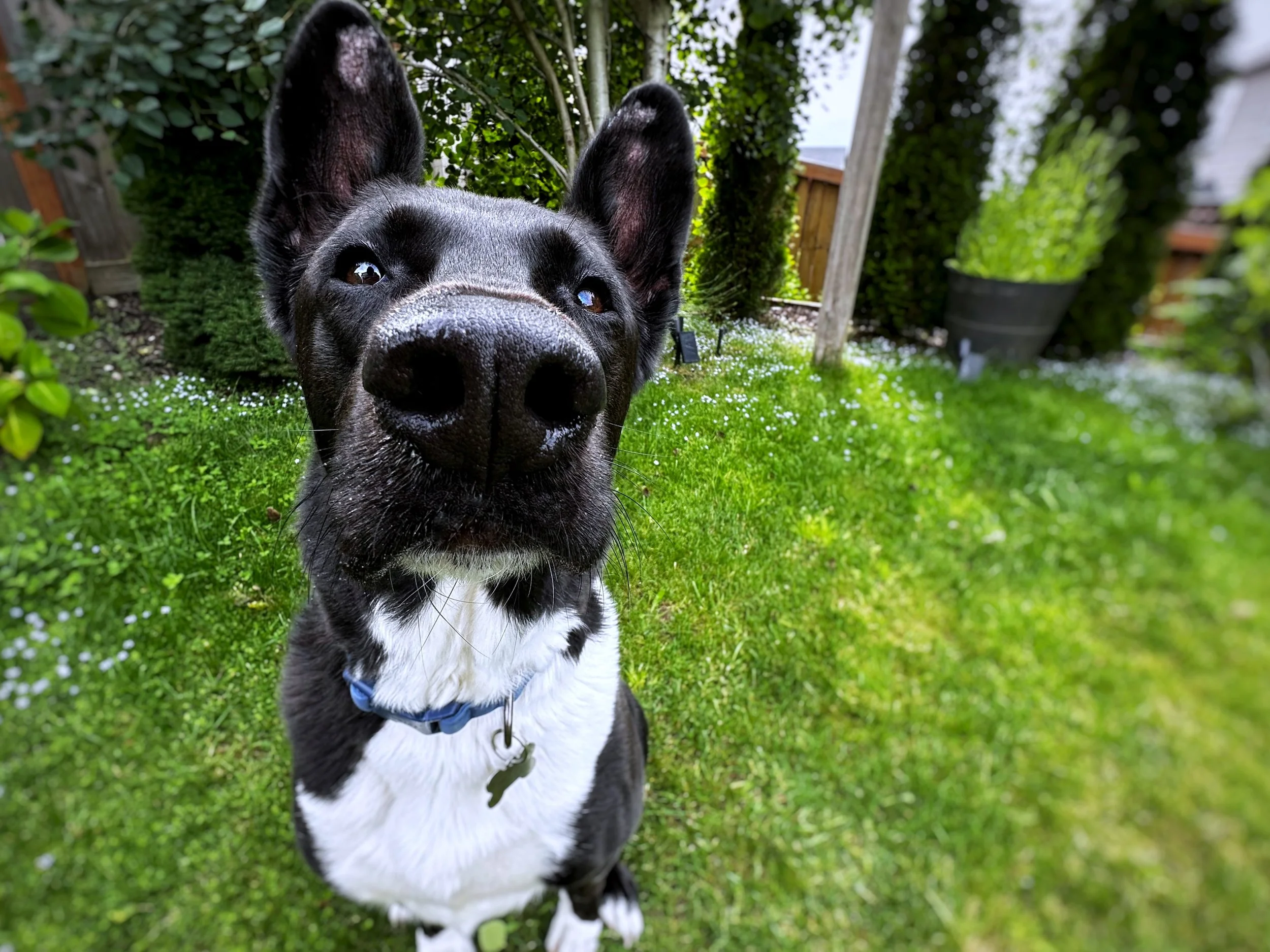Small Talk 14 - Déjà vu
Do you feel like you’ve read this essay before? That’s not possible, because I’ve only just written it. So if you feel that way, you’re experiencing déjà vu. It’s kind of a pleasant sensation, isn’t it? But also vaguely frustrating. Welcome to the mind’s hall of mirrors.
Déjà vu is French for ‘already seen.’ We English speakers get a lot of fun expressions from French, like joie de vivre, je ne sais quoi, and oui oui! You might say it’s de rigueur to drop French in our otherwise sober sentences. I attempted to speak French once in France, and the train ticket clerk just shook his head with disgust, until I returned to my native tongue. C’est la vie. But ‘already seen’ doesn’t seem adequate for the experience of déjà vu—there are many things we’ve already seen. For example, you might find yourself scrolling through Netflix, saying ‘Already seen, already seen….’ The expression should be more like ‘impossibly familiar,’ or incroyablement familier. But that’s not so catchy.
I try to use credible, original source material for these essays. But I found almost no scholarly books on déjà vu other than a textbook whose cost far exceeded the Small Talk budget. Turning to the internet, I read many confident explanations, only to hear those ‘facts’ dismissed by others. I thought, ‘I feel like I’ve seen this before…’ But there seems to be consensus on a few points.
Nearly everybody experiences déjà vu at some time in their life. It’s more common among young people, which is fun, because it’s one of the few cases where the kids have less reliable brains than we old people. Déjà vu can be a symptom of a serious neurological problem, like certain forms of epilepsy or dementia. The phenomenon also occurs more often when we are fatigued, stressed, or at elevated dopamine levels (like from certain drugs). After that, we venture into less certain conclusions. One source claims that déjà vu is more common among people who are highly educated, who travel, who remember their dreams, and who hold liberal beliefs. They sound like good dinner guests!
One hard thing about researching déjà vu is that we can’t really catch it happening. So there have been a host of attempts to create the phenomenon in a lab. One method involves hypnosis, where subjects are given an experience while hypnotized, and then instructed to forget it. Later, they’re put in that experience again, and the researchers observe them and draw conclusions. Another technique is to prompt déjà vu with virtual reality—while exploring a virtual world, you’re exposed to certain scenes that are later recreated, only slightly differently. (This reminds me of playing Halo and wandering the same damned halls of some abandoned building for hours—I’m looking at you, Marcus Lehto.)
So why do we have déjà vu? In a fairly obvious hypothesis, some researchers suggest that it’s a kind of ‘short circuit’ in the memory-encoding parts of our brains. Seems a bit ‘on the nose.’ Other researchers claim to have disproven this theory. They induced déjà vu in a lab and observed people’s brains under MRI. The images did not show much activity in the areas of the brain associated with memory, but rather in parts of the brain involved in decision-making. It seems pretty clear we just don’t know.
But there are interesting explanations. Akira O’Connor, a neuroresearcher at the University of St Andrews, points out that what makes déjà vu unique is that we are aware that the familiar memory is misplaced. We feel like we’ve experienced something before, but we know that’s not possible. We’re aware that we’re being tricked. And that could suggest that déjà vu is not a glitch, but rather your brain’s fact-checking function working correctly. This distinguishes déjà vu from delusion, where you are not aware that your brain is being tricked. Wouldn’t it be nice these days if more Americans had déjà vu than delusion? It would make us better dinner guests!
My favorite story about déjà vu comes from the Beatles. It’s not exactly déjà vu but go with me. While creating the album Help, Paul McCartney woke from a dream with a lovely tune in his head. It was so distinctive, so memorable, so timeless, that Paul worried he might have taken it from some older song. Had he heard it before? He asked his bandmates, who took the piss out of him, but ultimately concluded that it was original and it was Paul’s. The song was ‘Yesterday.’
So maybe sometimes the illusions of our mind aren’t some anomaly, easily dismissed by the clinical eye of modern science. Maybe sometimes we connect with deeper versions of ourselves, where consciousness has no boundaries, where we can rest in the notion that we contain many lives.
Still feel like you’ve read this essay before? Well, now you have. Or have you? Either way, thanks for your attention.
Have a good one,
Kipling Knox
If you like Small Talk, please consider subscribing.
Credits: Photo editing by Haley Salay. Essay topic suggested by Tim Payne. (Let me know if you have topics you’d like to talk small about!)



